
#2190: How To Avoid Groupthink
Many silence their own ideas just to get along. This is not helping anyone and should not be mistaken as being cooperative. Not contributing your ideas and just going along […]
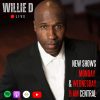 play_arrow
play_arrow
 play_arrow
play_arrow
 play_arrow
play_arrow
Up on Game: Hour 2 – Cuffs The Legend, Mahomes Future podcast
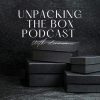 play_arrow
play_arrow
Linnea’s favorite Christmas movies & Christmas snacks! podcast
 play_arrow
play_arrow
 play_arrow
play_arrow
 play_arrow
play_arrow
 play_arrow
play_arrow
 play_arrow
play_arrow
Trump DOJ Releases Trove Of Heavily Redacted Epstein Files podcast
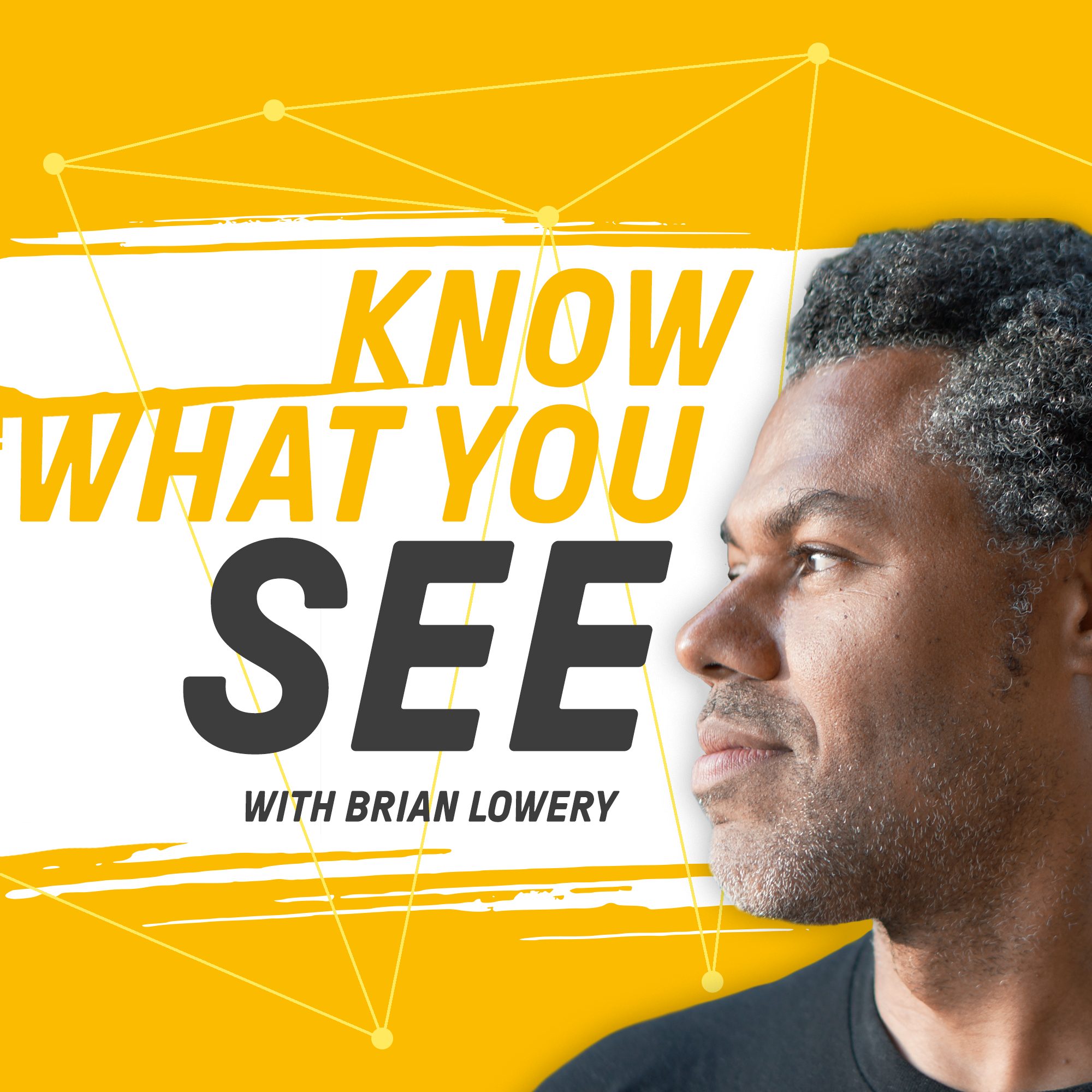
The early 1980s saw the sound of a new generation emerge from the loft parties and underground clubs of Chicago: House music. In spaces like the Warehouse and the Music Box, DJ’s began to innovate around disco’s four-on-the-floor beat, adding drum machines, deeper bass lines, and synths. At the time, Chicago had its first Black mayor, Harold Washington Jr., and there was optimism and energy in the air, a feeling of progress. After the racist and homophobic cultural attack symbolized by Disco Demolition night at Comiskey Park, for people of color and the queer community, house music was a safe haven. In this episode, Brian talks to Micah Salkind, author of Do You Remember House?: Chicago’s Queer of Color Undergrounds; and pioneering House DJs and producers Jesse Saunders, Wayne Williams, and Marshall Jefferson.

Many silence their own ideas just to get along. This is not helping anyone and should not be mistaken as being cooperative. Not contributing your ideas and just going along […]
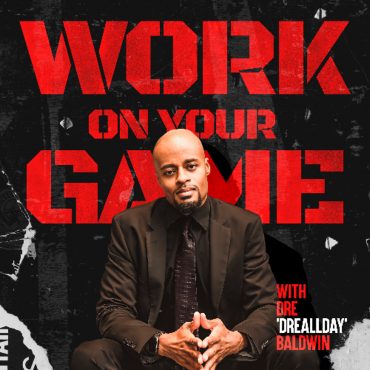
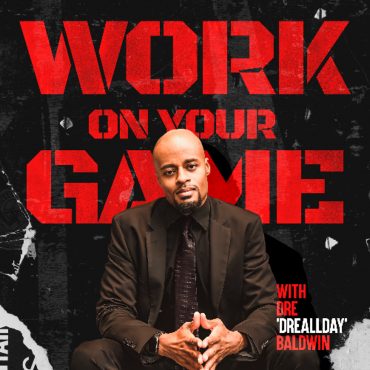
Copyright Blackpodcasting 2025